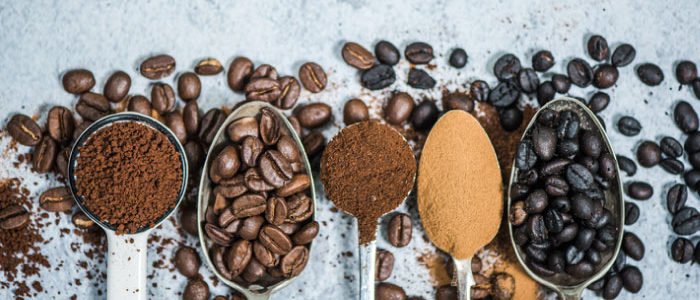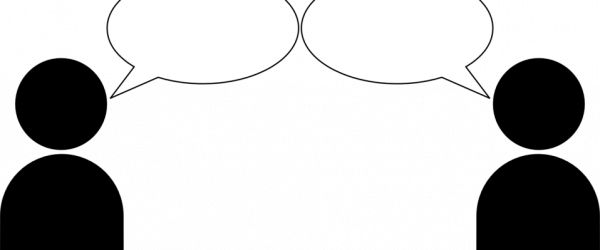Caffeine – the good, the bad, the ugly

Personally, I don’t like tea or coffee, but over the years I have sometimes wished that I did. People seem to get a buzz from drinking a cup of one or the other (or maybe even both) in the morning, allowing them to have a much-needed kick start to their long day ahead. As a by-product, I think it also allows a default conversation starter to be present in the workplace all day long; “do you want a tea or coffee?” However, if you type ‘caffeine’ into google, it states exactly what it is – a drug.
Caffeine is a stimulant, one which can make people who consume it feel temporarily more alert, less drowsy and/or experience increased performance and mental ability. These occur because the caffeine stimulates the central nervous system. Of course, I am sure this is why a lot of people drink it in the morning as it allows them to feel less tired, after not long waking up, and ready to tackle whatever the day throws at them. Over the years I have also heard a lot of people joke about not drinking it in the evening, or even in the afternoon, as they will find it difficult to go to sleep, or will probably end up not going to sleep at all. How true this is depends on the person as the effects caffeine has on people can also depend on how much they drink of it at one time, and how much they normally consume in general. It’s also important to note that caffeine can make the body produce urine more quickly, and therefore for anyone who experiences urinary continence may find that by cutting down on caffeine by having drinks that contain low levels of it (such as low-caffeine tea and coffee, herbal or fruit teas, and other drinks) instead may help it.
Let’s not forget that it is not just tea and coffee that contain high levels of caffeine, but energy drinks and colas also do. Energy drinks often contain high levels of it, as well as them being high in sugar and possibly other stimulants as well. Caffeine is unsuitable for toddlers and young children, and pregnant women should limit their intake of caffeinated drinks. Pregnant women should limit their caffeine intake to no more than 200mg a day as high levels may cause miscarriage, and can lead to babies having a low birth weight. I think this is quite widely known, but there is a lot of information out there about what should and should not be consumed during pregnancy.
Caffeine seems to be the go to stimulant for many people, but it is also important to remember that it is not just the well thought of cup of coffee or tea that contains it. Above I have noted some of the other drinks that it is present in, but it is also found in chocolate.
As a self-proclaimed chocoholic, maybe I don’t like tea or coffee because I don’t need them?!
Sarah Keeping MBPsS MSc PgDip GDip BA (Hons)
Follow Sarah on twitter at @keepingapproach
References
https://www.nhs.uk/live-well/eat-well/water-drinks-nutrition/
https://www.bbc.co.uk/news/health-15982904



